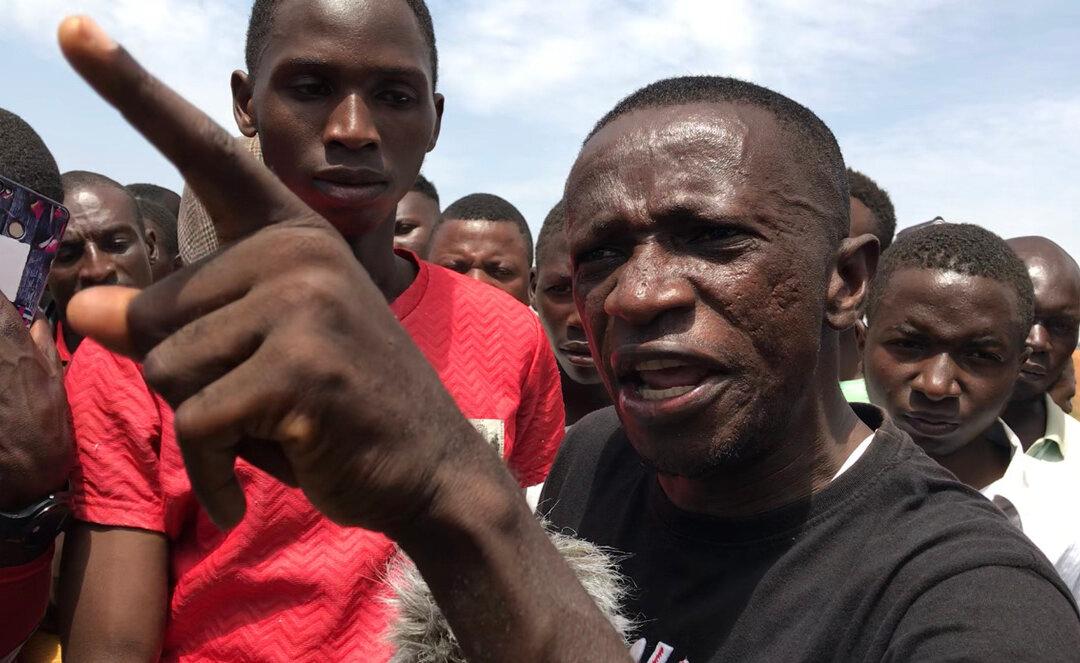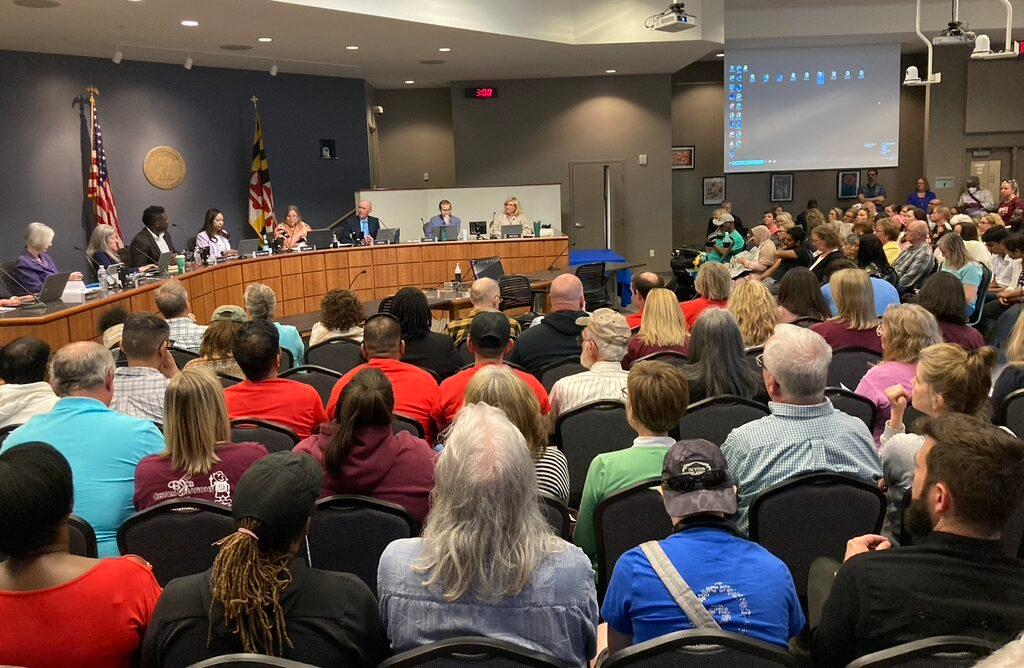Thousands of Nigerians rallied near Jos, the capital of Plateau State, on April 26, in the biggest protest yet against what citizens are calling the military’s “complicity with terrorists.”
Battalions of soldiers stationed nearby have failed to defend residents from terrorist attacks, despite multiple advance warnings, protesters told The Epoch Times. The 12-hour protest, the second of its kind in two years, was sparked by a slaying the previous day of six unarmed young men working at a tin-mining camp at Turu, which is eight miles south of Jos.






